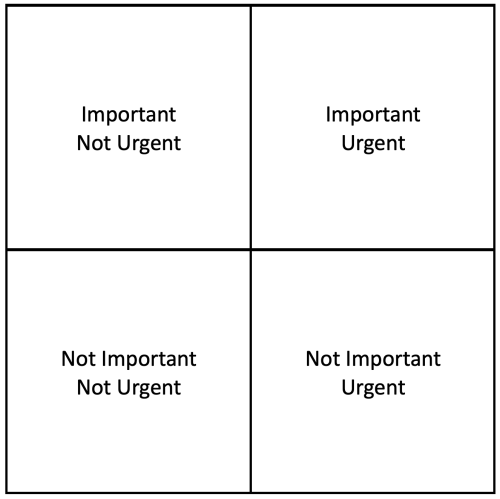
As a leader, you’re regularly making decisions that affect your organization. Good decisions drive profits and engagement. Poor decisions, on the other hand, cause disengagement and erode profits. Granted, we all make mistakes. But our goal is to minimize missteps and make the best decisions possible.
And while intelligence, education, and experience are important factors in making smart decisions, there is another factor that plays a significant role in the quality of those decisions.
That factor relates to stress.
First, let me explain why and how stress affects our decision-making, and then explore what to do about it.
The brain is made up of three parts – the reptilian brain, the amygdala, and the neocortex. (Yes…. I know I’m oversimplifying things.) The reptilian brain controls our autonomic functions – things like breathing, heartbeat, and digestion. The amygdala is the emotional center of the brain. It’s where emotions are processed and where the “fight-or-flight” response resides. And the neocortex is where logical thinking and creativity take place.
When we’re under stress, the amygdala starts to take over. And if the stress increases, our fight-or-flight response kicks in. This hard-wired response developed when we lived in an age when we were often faced with real life-or-death situations. It was important to make an instant decision. Fight to save yourself or flee to save yourself. We didn’t have the luxury of thinking things through. Hesitation could prove fatal.
Therefore, to cause us to make an instant decision during high stress, the body cuts out the neocortex. It essentially keeps us from thinking.
We’ve all seen examples of this dynamic in action. We’ve seen someone who – under pressure or stress – can barely form a sentence, let alone make a smart decision.
That’s why being under stress hampers our decision-making abilities.
As for what to do about this, the obvious answer is clear. Avoid or reduce stress. But as you know, that’s often easier said than done. Things like eating better, getting restful sleep and exercising will all help alleviate stress. But we’re still going to experience stress. There always seem to be stress-causing issues in our life.
There is, however, an interesting strategy for minimizing the number of stressful situations you need to deal with as a leader.
Over my years as an executive coach, as I’ve helped my clients become more effective leaders, I’ve asked them to draw out the following diagram:

After they’ve created this matrix, I’ll ask, “Ideally, in which quadrant do you want to spend most of your time?”
The majority of my clients tell me that ideally, they should be spending their day on important and urgent matters.
And then I’ll ask them, “What do you call matters that are important and urgent?”
The answer, of course, is that we call urgent, important matters “fires”. I’ll point out to my clients that they just said that in their ideal world, they’d like to spend the majority of their time putting out fires! (Which of course, produces lots of stress.)
If you’re spending your days putting out fires and you’re under constant stress, you can’t think clearly and you’re unable to make the best decisions you’re capable of making.
How do you get off this “hamster wheel” of putting out fires?
Obviously, you need to first put out the fires. After all, they’re important and urgent. The key is what happens next. Once an urgent matter is addressed, it is essential to carve out some time to step back and reflect on the answer to the question, “How can I prevent this from happening again?”
In other words, the key to clear thinking and smart decision-making is to address the important before it becomes urgent. Only by giving thought to this can you – as a leader – get off the hamster wheel of putting out fires.
In order to facilitate clarity of thought, I recommend getting out of your work environment. Get away from the computer and get away from the office. Take a pad of paper and go somewhere. For example, go to a coffee shop or a park or even your backyard. You’ll be surprised at the clarity of thought you’ll get. (It’s something I do every day.)
And as you begin to address important matters before they become urgent, your days will begin to quiet down. And as your days begin to quiet down, your discretionary time increases.
And as your discretionary time increases, you’ll have more time to think about other important decisions, develop better strategies, and clarify your vision for your team and your organization.